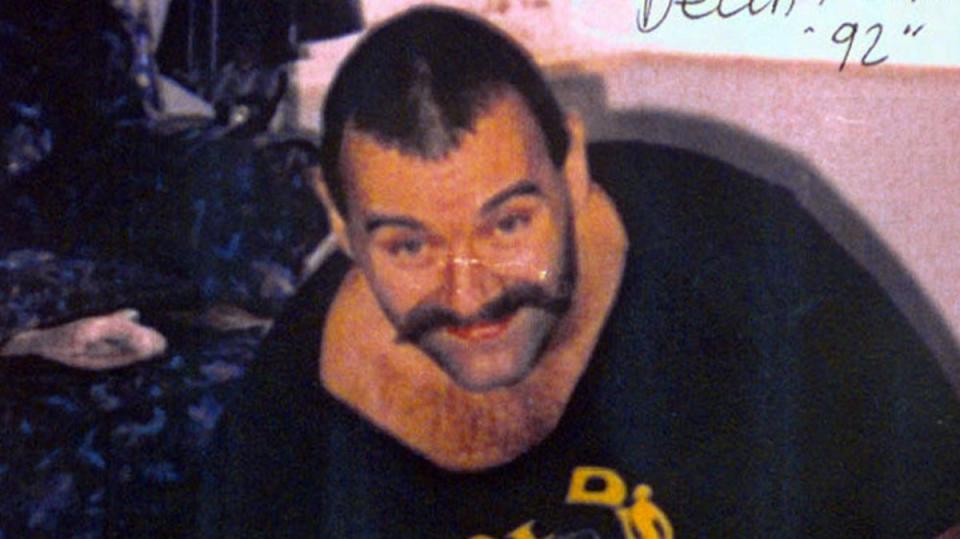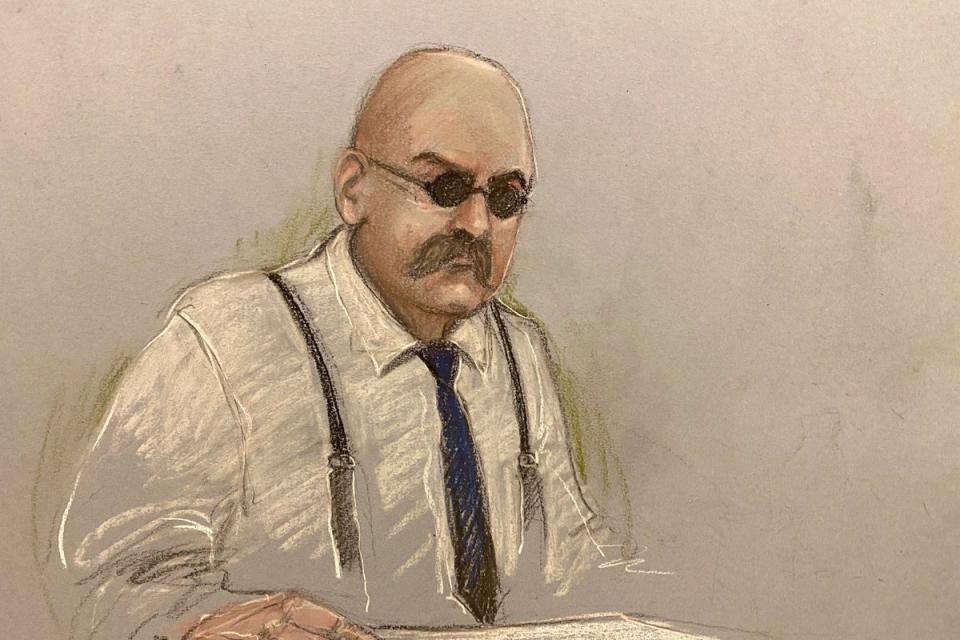Charles Bronson: Parole board explains why it won’t release notorious prisoner
The Parole Board has refused the latest bid for freedom by Charles Bronson, one of the UK’s longest-serving prisoners.
The independent body announced its decision on Thursday, nearly one month after Bronson made his case at a hearing.
Since 1974, Bronson has spent the majority of his life behind bars. Initially sentenced to seven years for offences of robbery, aggravated burglary, assault with intent to rob and possession of a firearm, he began what the Parole Board has termed “a pattern of serious violence” in prison.

After perpetrating a number of serious assaults on other prisoners, his sentence was extended. He was briefly released in 1987 but committed a robbery within months and was recalled to prison. Following a similar pattern after his subsequent 1993 release, he has remained behind bars ever since.
The second inmate in UK history to have had his court case live streamed, the public was able to witness Bronson – who changed his surname to Salvador after artist Salvador Dali in 2014 – behind the stand at HMP Woodhill in Milton Keynes.
This marks his eighth bid for parole, with the judges hearing that there are currently 500 people on a mailing list who write to Bronson in jail.
Following the three-day proceedings, the Parole Board published a statement explaining its reasoning.
Though it acknowledged Bronson’s improved emotional management, it expressed concern over the potential risk he posed, noting that he sees “little wrong” with the crimes that led to his initial detention.
In a document detailing the decision, the Parole Board said: “After considering the circumstances of his offending, the progress that Mr Salvador has made while in custody and the evidence presented at the hearings, the panel was not satisfied that Mr Salvador was suitable for release.
“Nor did the panel recommend to the Secretary of State that he should be transferred to an open prison.”

The summary of the Parole Board decision added: “The panel noted that Mr Salvador has spent most of the last 48 years in custody and that much of this time has been in conditions of segregation.
“The panel accepted that Mr Salvador genuinely wants to progress and that he is motivated to work towards his release. It thought that there was evidence of improved self-control and better emotional management.
“However, the panel was mindful of his history of persistent rule breaking and that Mr Salvador sees little wrong with this. He lives his life rigidly by his own rules and code of conduct and is quick to judge others by his own standards. His positive progress has to be assessed in the context of him being held in a highly restrictive environment.
“In the panel’s view, it is unknown exactly what is containing Mr Salvador’s risk. It is unclear whether the strong external controls of custody are mainly responsible or whether his attitudes have genuinely changed.

“The panel could not be satisfied that Mr Salvador has the skills to manage his risk of future violence until he has been extensively tested outside of his current highly restricted environment.
“The movement and categorisation of prisoners are entirely a matter for the Secretary of State, and parole panels will not ordinarily comment on such matters.
“However in the particular circumstances of this case the panel observed that there is an identified pathway for Salvador in custody and the evidence supported such a move within a closed prison.
“In the panel’s view, this is a pivotal point in Mr Salvador’s sentence when his motivation to desist from violence is at its highest.
“Both psychologists instructed by Mr Salvador’s legal representative were unequivocal in their view that he no longer requires the secure placement in his current prison. He will be eligible for another parole review in due course.”

 Yahoo News
Yahoo News 
